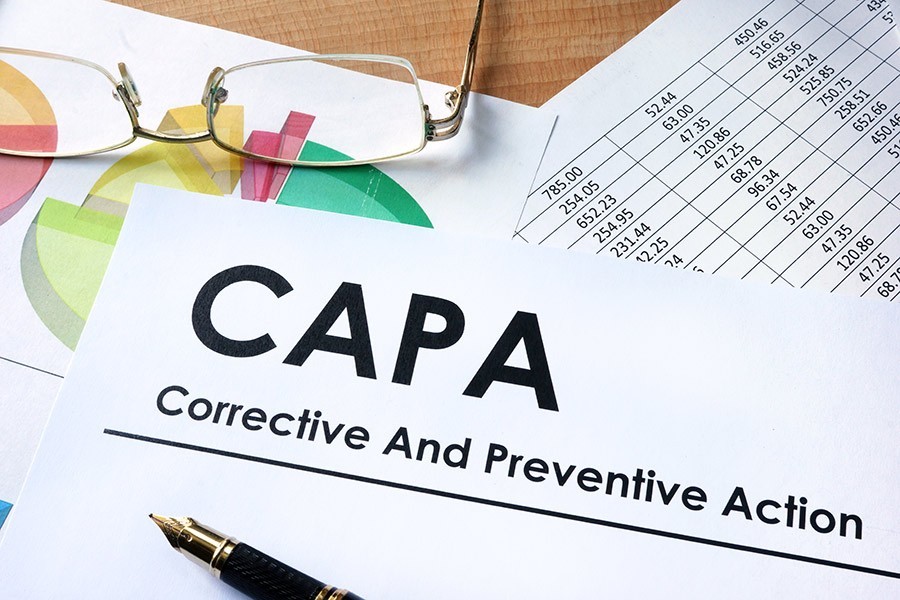Every year, companies spend a considerable amount of time and resources on employee training. A 2016 report by Training magazine shows the average training budget for large US companies at over $14.3M/yr and for medium size companies over $1.4M/yr. With this much money being spent on training, it raises the question: “Are companies seeing the value for their training investment?” Too often the honest answer is “no”.
The concept of corporate training is solid, but many corporate training programs are dropping the ball – focusing on certifications and badges that look good on paper instead of developing the capabilities that businesses really need from their employees. The problem starts with HR processes for hiring, promotions, and incentive compensation that place focus on certifications and badges instead of the skills and practical experience that is required for the employee to be effective in the job. Employees are encouraged to “check the box” and obtain certifications and badges that may not directly apply in their current or next job role.
When this happens, the company makes an investment in training the employee expecting training dollars to be converted into business value however, often the result is the opposite. The employees find themselves increasingly dis-satisfied and perceive themselves to be more valuable and either demand higher wages from their current employer or seek out opportunities at other companies. Instead of training resulting in greater efficiencies and productivity, it often leads to higher resource costs and attrition.
Faced with this less than pleasant reality, companies have 2 options to improve the situation: 1. Stop investing in employee training; or 2. Shift the focus of corporate training from certifications and badges to the skills and capabilities that the business really needs. The first option really isn’t practical – business environments are continually evolving and employees need to remain current in their skills in order for the company to remain competitive. This leaves the second option of shifting focus to make sure corporate training is focused on the right content.
Specific knowledge and technical skills change frequently and training on these subjects has a relatively short expected useful life (a few months). While it is important for employees to consume this content, it needs to be provided in the most efficient and cost effective means possible – small investment for short period of return. Some options may include webinars, subscriptions to industry periodicals, short skills workshops and content built into staff meetings and other on-the-job activities.
Core skills and capabilities on the other hand (such as problem solving, interpersonal skills, communication, decision making and risk management) are transferrable across job roles and have a longer expected useful life of a few years or even across an employee’s entire career. These skills enable employees to not only “do their jobs better” but “make their jobs better” and thus creating a more durable long-term benefit for the company. Investing corporate training resources to develop these skills in employees will not only have a longer benefit period, but more importantly, enable employees to generate the productivity improvements that companies seek.
Where is your corporate training budget being spent? Are you seeing the value return that you expect or are you contributing to employee dis-satisfaction and increased resource costs? Kepner-Tregoe understands this situation. For over 50 years we have been providing companies training and implementation assistance to increase employee capabilities in the areas of problem solving and other core skills that transfer into real benefit for employees and their companies.
To see how we can help your company get the most out of your corporate training budget








